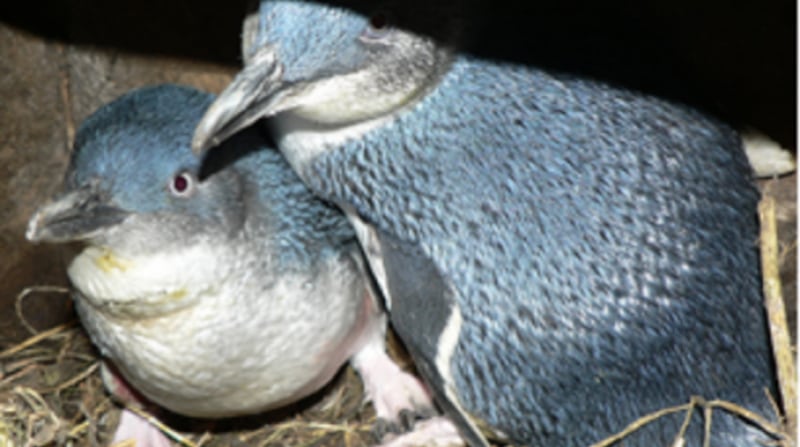A Massey University scientist is making it his goal to help the world's smallest penguin flourish again around our coastline. Professor John Cockrem is leading the project, he says is inspired by the Māori concept of Kaitiakitanga.
Professor Cockrem is one of the country’s leading experts in penguins. His penguin research, which began with Adelie and emperor penguins in Antarctica, is now focussed on the kororā or little penguin. His scientific approach to conservation has evolved into a programme for kororā that’s firmly rooted in Māori concepts.
Cockrem says his project Kororā and coastal kaitiakitanga has come from a very personal journey of discovery.
“From being a classic western scientist working with penguins and other seabirds where iwi consultation was something you did before a project began, I’m now working collaboratively with a Māori community to bring back their kororā.”
Professor Cockrem has been awarded a two-year Vision Matauranga grant to work with the Ngāti Toa community based at the Hongoeka Marae north of Porirua. He’s developing new methods to re-establish breeding populations of kororā by installing nest boxes and playing penguin calls to attract birds at night.
Kororā, also known as little penguins, are found around New Zealand and southern Australia but Professor Cockrem says most people don’t realise that. Left to their own devices, the penguins could disappear as their population is threatened by predators such as dogs and by diminishing habitat.
Professor Cockrem says the project at Hongoeka Marae is the start of a new approach to kororā conservation that can be rolled out around the country. “For me penguin conservation is about helping tangata whenua to exercise kaitiakitanga.”
He has embraced the Māori world view to the point where he has started a process to have Kororā recognised as the official name for the species.
Penguins and Kaitiakitanga was the subject of a talk delivered at the TEDX event in Wellington on Sunday. He says he wants people to understand the concept of kaitiakitanga and how it can help protect species like Kororā.
“I cannot be a kaitiaki because my whakapapa does not extend back to Papatūānuku. What I can do, is to support those who are kaitiaki.”

